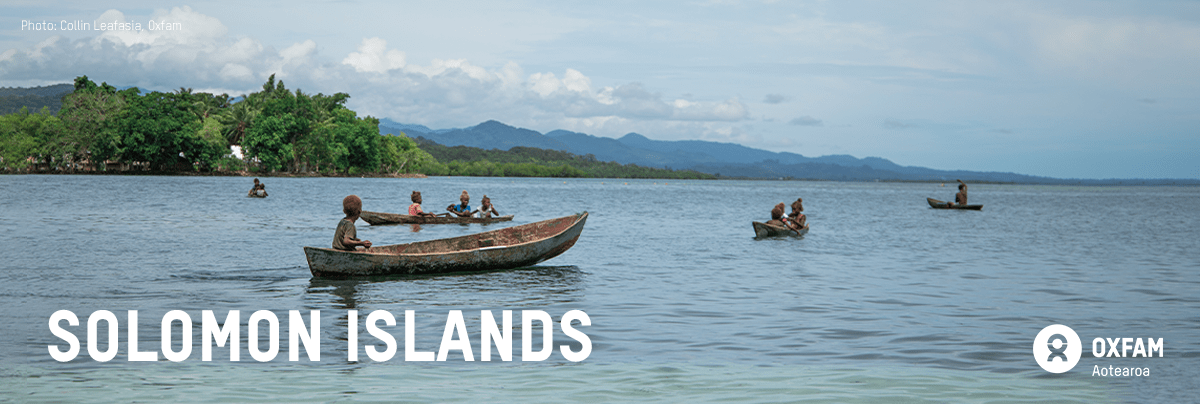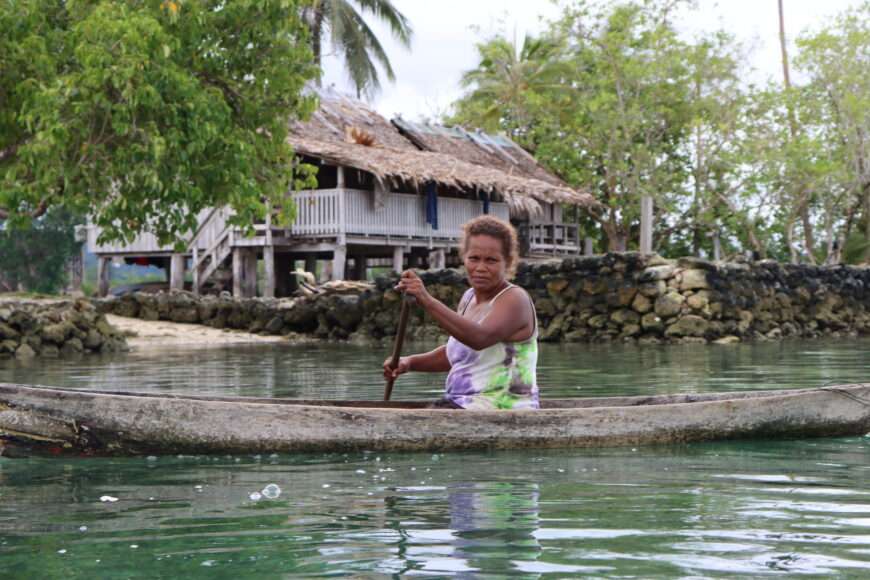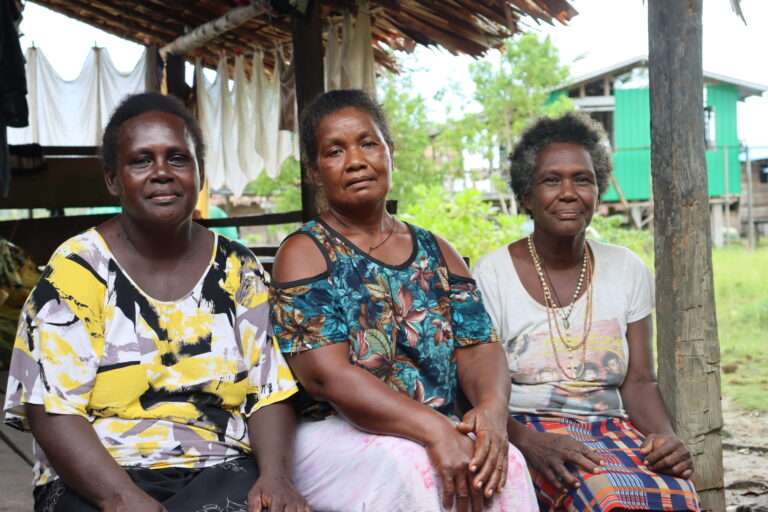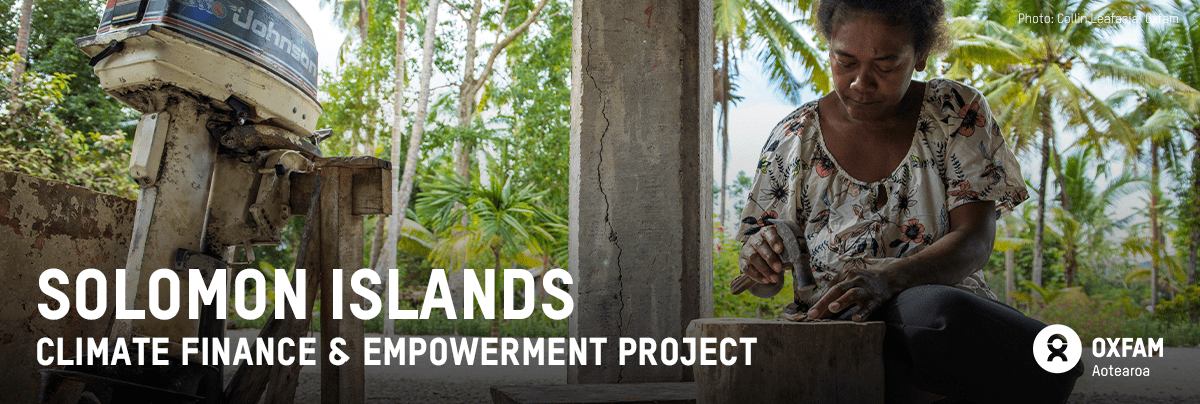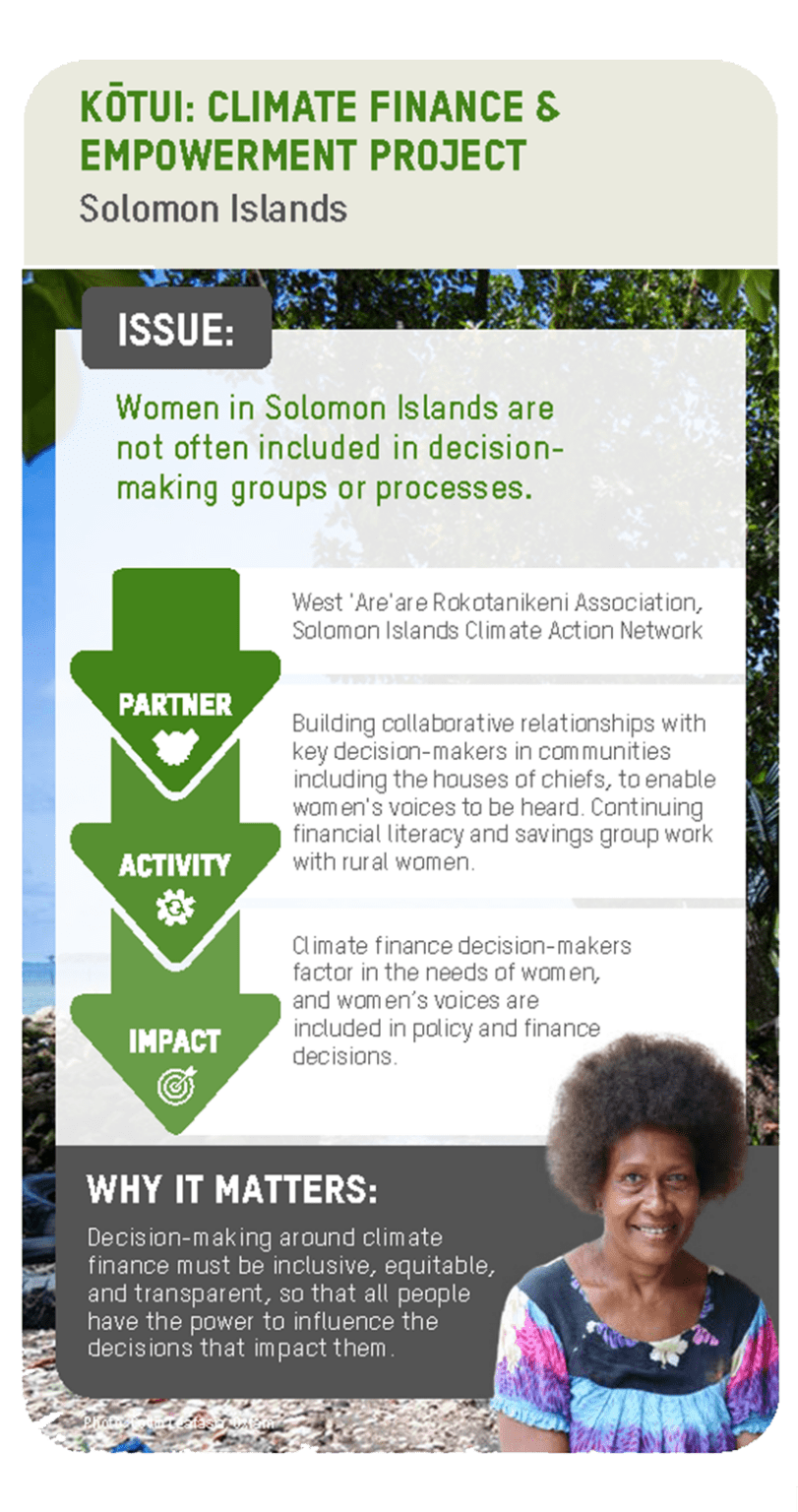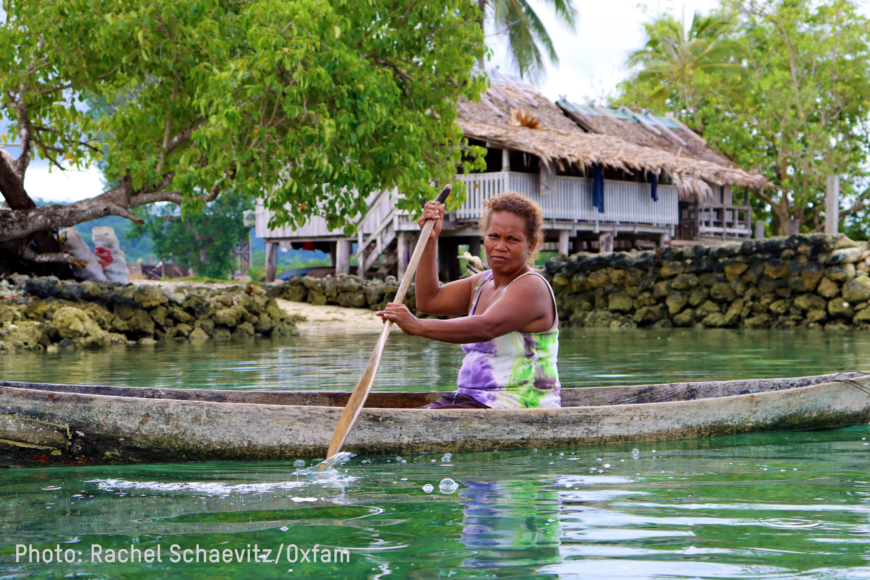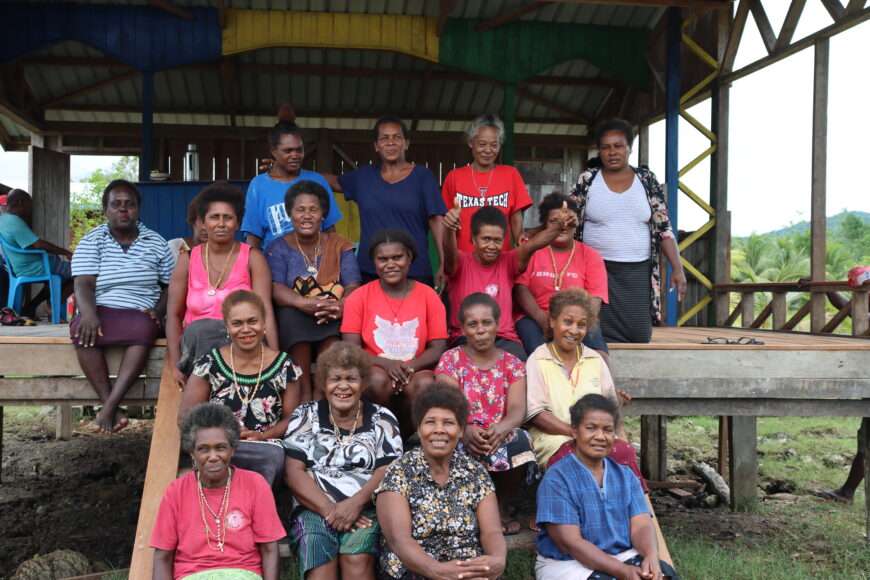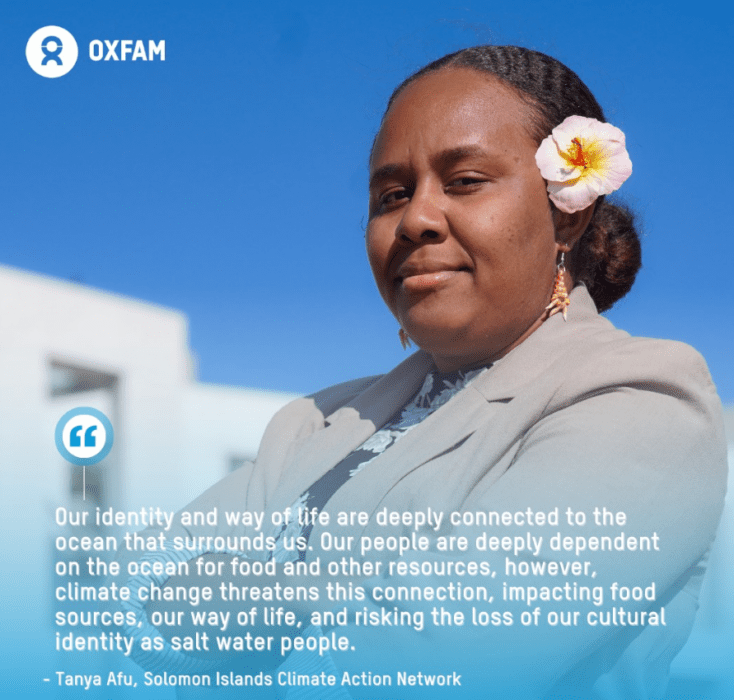Humanitarian agencies World Vision New Zealand and Oxfam Aotearoa, have released an important climate finance report today – Doing Our Fair Share: New Zealand’s Responsibility to Provide Climate.
This report is published during the Pacific Islands Forum in Tonga and ahead of the United Nations climate change conference (COP29) in Baku, Azerbaijan, where the New Zealand government will be participating in negotiations on climate finance to fund climate change adaptation and mitigation measures.
Read the report here.
Note to Editors:
New Zealand’s fair share of climate finance has been calculated by looking at the country’s share of responsibility for climate change (based on the country’s cumulative emissions of greenhouse gases since 1992 and since 1850) and its ability to pay (according to its Gross National Income) relative to other higher-income (“Annex II”) countries.





